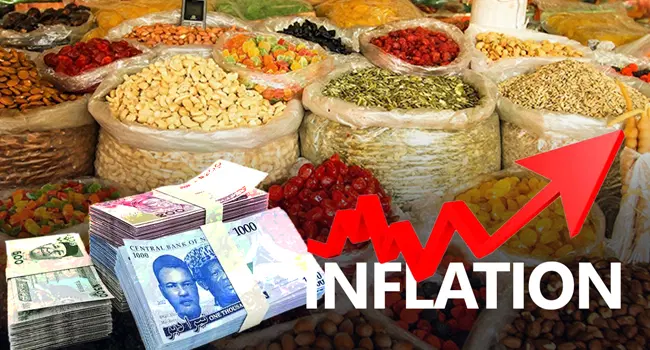Now Reading: Rising Costs and Inflation Threaten Nigeria’s Industrial Stability — CANMPEF Warns
-
01
Rising Costs and Inflation Threaten Nigeria’s Industrial Stability — CANMPEF Warns
Rising Costs and Inflation Threaten Nigeria’s Industrial Stability — CANMPEF Warns

Lagos — The Chemical and Non-Metallic Products Employers Federation (CANMPEF) has raised alarm over growing industrial vulnerabilities in Nigeria, citing inflation, rising production costs, multiple taxation, and foreign exchange volatility as major threats to industrial stability.
Speaking at the Federation’s 46th Annual General Meeting, Chief Devakumar Edwin, President of CANMPEF, acknowledged the resilience and innovation shown by manufacturers despite Nigeria’s challenging economic climate.
“High input costs, multiple taxation, and limited access to foreign exchange continue to constrain the business environment,” Edwin said. “Yet our members have adapted, optimising local resources, diversifying products, and exploring regional markets.”
The Federation’s 2025 agenda focuses on infrastructure development, strengthening local value chains, and improved regulatory engagement to sustain industrial growth. Edwin highlighted that while the Nigerian economy expanded by 3.84% in Q4 2024, inflationary pressures and currency depreciation eroded competitiveness, with headline inflation climbing to 34.8% and the Naira averaging N1,623.26 to the dollar.
He noted that policy decisions, such as the removal of fuel subsidies and the Naira’s float, though intended to stabilise the economy, have increased energy and import costs, squeezing industrial margins. Despite these challenges, the manufacturing sub-sector recorded modest growth of 1.79% year-on-year, supported by product diversification and greater local sourcing, with capacity utilisation rising to 61.9%.
CANMPEF urged the government to avoid measures, like the 15% import tariff, that could further burden manufacturers and consumers, warning that sustained support is essential to safeguard industrial stability and national economic growth.



